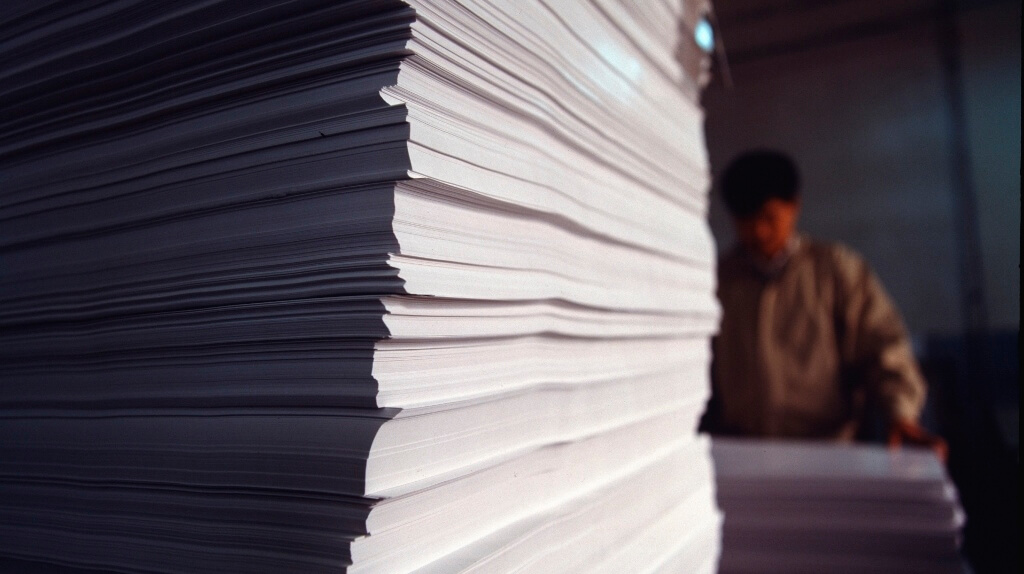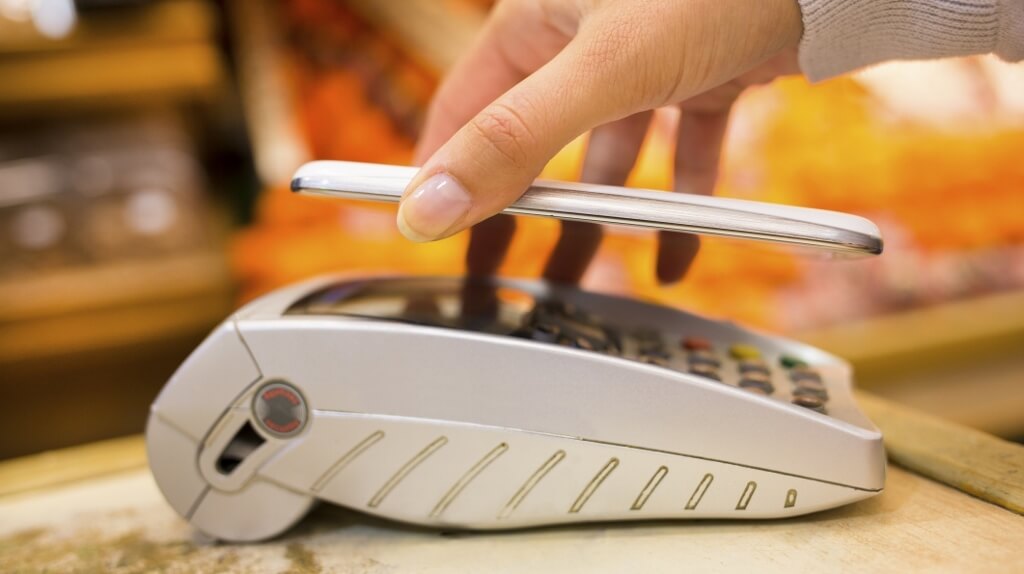Paper is so last century; most of us are using significantly less of the white stuff at work than we used to. Here's how to finish the job by turning to greener and ultimately cheaper digital technology.
How To Create A Paper-Free Office
Paper is so last century; most of us are using significantly less of the white stuff at work than we used to. Here's how to finish the job by turning to greener and ultimately cheaper digital technology.

Paper has been integral to the world of business for decades. The majority of us are comfortable tapping away on laptops, responding to email on our phone or tablet, but for many people a paper and pen remains de rigeur.
It's particularly true in the field. Whether it’s completing a form on a construction site or scribbling notes for a report, using a paper and pen at work is typical.
Unsurprisingly, almost 15% of an organisation’s revenue is spent creating, managing and distributing paper documents. It is estimated that most companies could reduce their printing costs by 10–30% (Cap Venture), and as a result be more profitable.
Considering how digitally savvy most of us are - the benefits of going ‘paper-free should be obvious. However, for many companies, the thought of eradicating paper all together, is perceived as costly, time consuming and quite frankly, most businesses are resistant to change.
So how can companies start the process of becoming paper-free? How should businesses prepare themselves to make the change?
Firstly, how much is paper costing your business?
Before implementing paper-free alternatives, it’s worth tracking your print-related expenses, from printers, ink or toner to paper, service contracts, storage and technical support.
You’ll then need to deduct any revenue you receive from using paper (unless matched by digital usage – i.e. printed newsletters replaced by emails with no loss of sales revenue), which should provide the total spent as a business. This will undoubtedly provide a clear business case for eradicating paper.
Getting ready – discouraging paper usage
Going completely paper-free is unrealistic for many businesses, but encouraging people to consider how much paper they’re using, is a good starting point. An easy introduction is reducing the number of printers, meaning staff are less likely to print frivolously. Promoting a culture of recycling will also help staff see the potential waste from using paper.
Motivating and incentivising staff to use less paper is key. Track who’s printing what and circulate a monthly report - reward those who are performing most effectively.
Paperless statements
You may be used to receiving your monthly bank statement by post, but you can easily move to a paperless option. In fact, the majority of service providers offer a paperless alternative, meaning you can not only save on wasted paper, but your business can also benefit from being able to view all your information online.
Scan bills and receipts on your phone
If you’re not in the office – why not download an app that will turn your tablet or phone into a scanner. You’ll then be able to easily scan any receipt, storing the data on your laptop, meaning you can easily organise your expenses.
Moving this on, business users can take advantage of the free iOS app’s ability to attach scans to appointments on their calendar. For those that love to network, there’s the LinkedIn integration, just scan a person’s business card and it automatically finds their profile on the social network.
Paperless forms and reports
Hours can be wasted collating information into forms and reports. However, by using a laptop, mobile or tablet you can capture complex data on digital forms, making collecting and storing information that much simpler.
Email invoices & PO’s
As a business, ensure your invoices and PO’s are sent digitally. You can then ask your partners / customers to do the same, ensuring you have access to this important information, anywhere, anytime. In addition, this is not only faster; it will also help avoid clutter at your office.
Digital to do list
Businesses are becoming more comfortable and competent scanning, emailing and storing documents online. It’s often the daily ‘to do’ list that continues to be scribbled on paper. The good news is that there are a host of brilliant alternatives, ensuring you’re not wasting time re-writing notes on your laptop.
Digital to-do apps are easy to use and include alerts and reminders, so you don't have to keep due dates in your head.
Using the cloud
Being able to access and analyse important information quickly and easily is key to a successful business and this is made possible by storing data in the cloud. Using a smartphone or tablet at work will make this process even simpler. There are a host of mobile apps for storing, retrieving, and managing your digital documents, particularly useful if you have staff who work in the field.
Using the cloud for storage also means there will be little need for filing and storage cabinets, and the risk of potential damage that comes with this.
So, going paper-free offers multiple benefits to businesses and importantly, it needn’t be a headache to implement. As consumers become even more digitally savvy and demanding in their personal life (using Instagram to store & share pictures and Apple Pay to shop), the requirement to provide staff with similar digital solutions at work, to improve day to day tasks, will become even more important.
For employers, being able to digitally manage staff is quicker, simpler and ensures higher levels of productivity. Whilst it might seem daunting to make such a seemingly significant change to your business, ultimately, becoming ‘paper-free’ will make your business more profitable.P
Thanks for signing up to Minutehack alerts.
Brilliant editorials heading your way soon.
Okay, Thanks!



